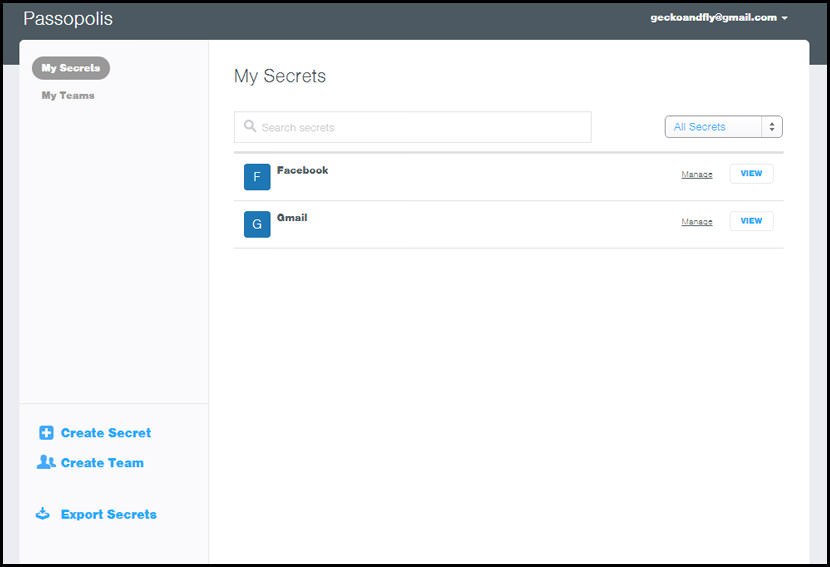
Encryption keys, initialization vectors, and nonces are all generated using cryptographically secure pseudorandom number generators. The data you entrust to 1Password is effectively impossible to decrypt. Your 1Password data is kept safe by AES-GCM-256 authenticated encryption.
:no_upscale()/cdn.vox-cdn.com/uploads/chorus_asset/file/22347722/Screen_Shot_2021_03_05_at_9.23.56_AM__1_.png)
If someone gets access to your Google or Chrome account, they don’t automatically scoop up your other passwords too. 1Password has better security than Chrome Password Manager. While both have random password generators, LastPass spits out stronger passwords more quickly than 1Password with a one-click process. LastPass beats 1Password hands-down on one important security perk - password generation. But LastPass and Dashlane seemed like the most intuitive. Most of the other ~35 password managers were pretty good to be honest. 1Password is pretty good, Keeper and Zoho are close behind. LastPass and Dashlane tend to be the easiest password managers to use. Which password manager is easiest to use?

That said, many password managers use numerous layers of security that greatly reduce the chance of your passwords being hacked and shared. The most obvious risk from using a password manager is that it keeps all of your sensitive login information in one place, so one breach could be catastrophic. Why you shouldn’t use a password manager?



 0 kommentar(er)
0 kommentar(er)
